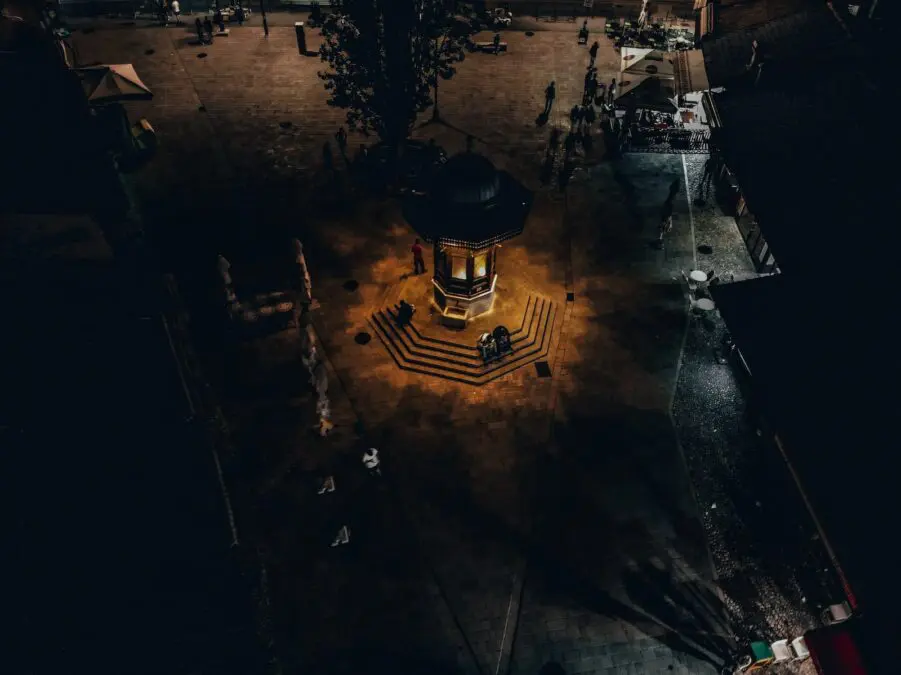Raising concerns over such continuous reports of revisionism concerning atrocity crimes perpetrated during the three-year-long conflict that began in 1992, she also pointed to recent incidents reported following a decision to amend the Law on the Center for the Srebrenica-Potočari Memorial and Cemetery for the Victims of the 1995 Genocide.
“The International Criminal Tribunal for the former Yugoslavia determined conclusively that a genocide was committed in Srebrenica,” she said.
“Denial of the genocide is an affront to international law and justice and to the dignity of the victims and survivors whose loved ones were killed simply because of who they were.”
Civil society builds peace
Acknowledging the efforts of survivors and other civil society actors in Bosnia and Herzegovina, she said they are tackling the denial of genocide, war crimes and crimes against humanity, and promoting sustainable peace, and reconciliation across the country.
These stakeholders are working tirelessly to promote a future where division, hate, and denial has no place, she said, encouraging all political, religious, and community leaders to support such initiatives and to lead by example in using their voices to promote constructive dialogue based on trust, respect, and dignity.
Combatting hate speech
In this vein, she said the UN policy paper Combating Holocaust and Genocide Denial, launched in 2022, provides a framework for action.
“The most serious cases of genocide and Holocaust denial can constitute incitement to discrimination, hostility, or violence, and to genocide,” the policy paper noted. “Historical experience has shown us that such violence often includes denial of past violations and is almost always preceded by online and offline hate speech.”
The paper also contains targeted guidance and recommendations for addressing genocide denial for such key actors as governments, the UN system, and social media companies, she said.







